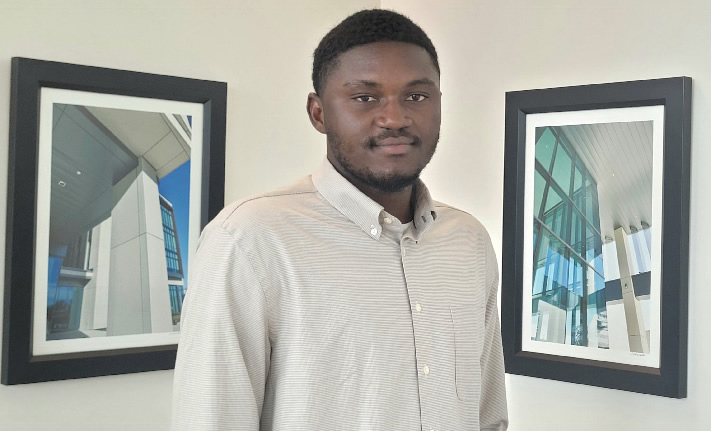EDUCATION

SCIENTIST SEEKS SPECIAL NEEDS EDUCATION REFORM
A Nigerian neuroscience doctoral student at the University of Missouri-Columbia, United States, Moses Ataben, has called for urgent reforms in Nigeria’s special needs education policy to improve support for children living with neurodevelopmental disorders.
Ataben, who is currently researching inherited peripheral neuropathies, said outdated beliefs and a lack of structured government response continue to hinder early diagnosis and treatment of conditions such as autism spectrum disorder and intellectual disability.
Speaking with journalists, the researcher decried the persistent notion in many parts of Nigeria that neurodevelopmental disorders are caused by curses or supernatural forces.
“Neurodevelopmental disorders arise from disturbances in brain development, often linked to genetic or environmental factors,” he said.
“But in many primary-care settings in Nigeria, these conditions are still seen through the lens of superstition.”
He stressed that children with ASD and ID are often misdiagnosed or left without proper care due to poor awareness and weak policy structures. To address this, he called on the government to reform special education policies to include consistent training for healthcare workers and educators.
“Regular training for health personnel, combined with community education in schools, clinics, and religious centres, is critical,” he said. “When skilled professionals are paired with informed families, we get faster diagnoses and better support.”
He also recommended subsidising assessments and therapies so that low-income families are not excluded from receiving care. According to him, inclusive education should be backed by strong policy commitments and resource allocation.
“Every child deserves the chance to thrive, regardless of their condition,” Ataben said.
Beyond neurodevelopmental issues, Ataben is also advocating increased investment in diagnostic tools for peripheral nerve disorders in Africa. He urged governments to fund electrodiagnostic laboratories, introduce point-of-care nerve ultrasound, and support neurology fellowships to build local expertise.
He added that while advanced therapies such as gene and cell therapy hold promise, access remains a major barrier without government intervention.
“Nigeria must start investing in the future of medical science now,” he said.
On preventive measures for parents of children with neurodevelopmental conditions, Ataben advised genetic counselling before conception, proper prenatal care, and avoidance of harmful substances during pregnancy.
He concluded by urging Nigerians to discard stigma and embrace inclusive practices.
“Include these children in schools, playgrounds, and communities. Support their families. That is how we build a truly inclusive society,” he said.
"This represents a significant development in our ongoing coverage of current events."— Editorial Board









